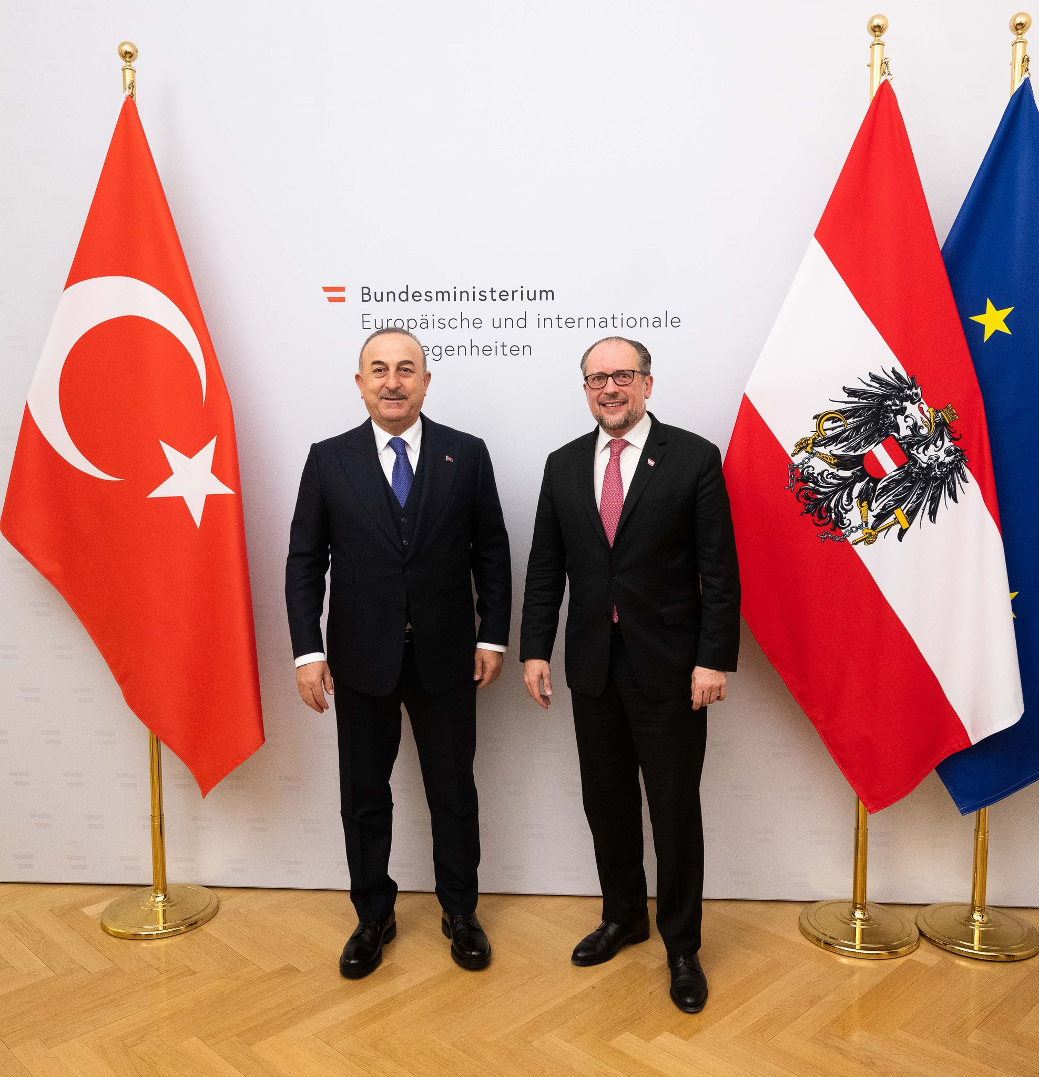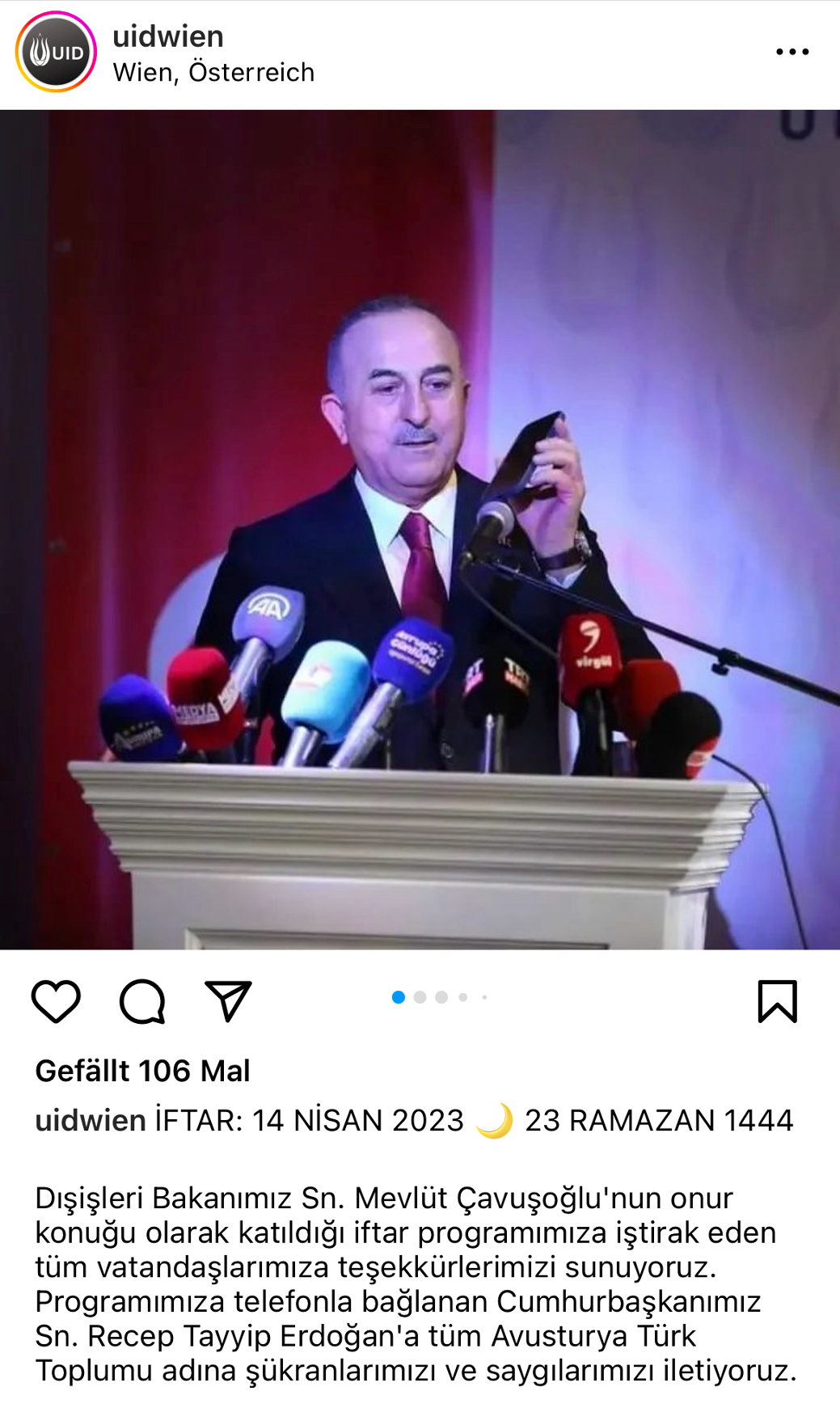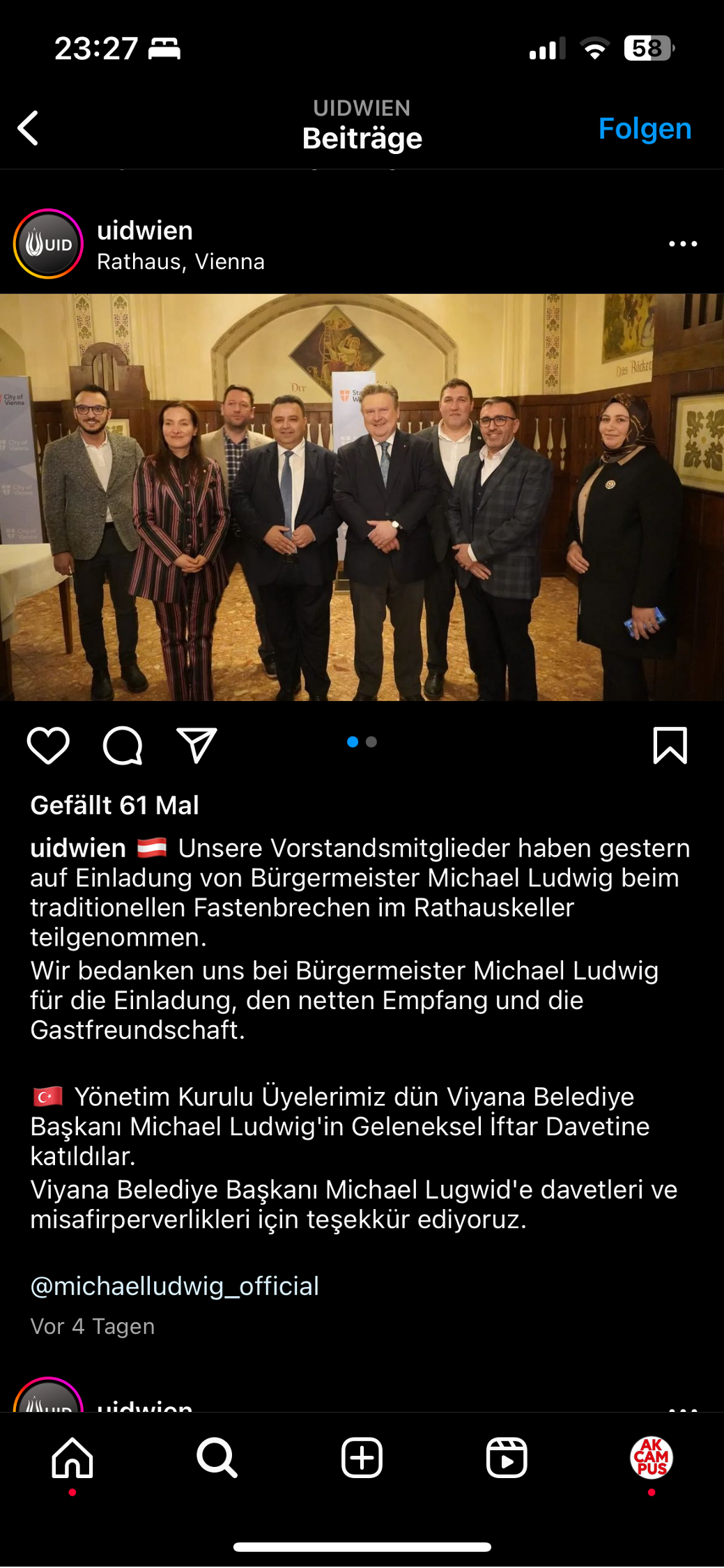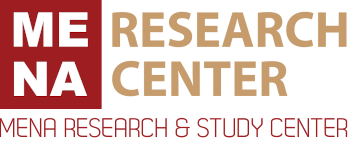May 14 is approaching: On this day, the Turks will decide on the political future of the long-term ruler Erdogan and his AKP party. Since this time the sultan can no longer be sure of being successful in the elections, all stops are being pulled out in order to be able to turn the tide: members of the opposition are being persecuted or silenced by the Erdogan-controlled courts, the critical press is being defamed, propaganda and fake news are used as stylistic devices.
And then there is the numerically significant group of “Diaspora Turks”, i.e. those who have been living in Western European countries for decades. In previous elections, the AKP left no stone unturned to win over this potential voter, and so far it has been successful. I remember the statement of a Turkish friend in Istanbul, who said after Erdogan’s last election success in an ironic undertone, “we in Turkey have done everything not to vote for the autocrat, and the Turks from abroad come along and vote for him large majority. It is them who are responsible for this catastrophe, not us!”
Even if the Turks living abroad do not numerically have the majority of votes for a parliamentary and presidential election, they can very well play a not inconsiderable role in a close election result. So it’s not surprising that those who are loyal to Erdogan are again trying to campaign for their boss, especially in the Turkish communities living in Germany, Austria, Benelux and Scandinavia.
Scorched earth in Germany
The AKP in Germany tried very early on to win over the Turks living there. According to the German Federal Statistical Office, there are 1.4 million potential votes, which is not inconsiderable. However, compared to previous elections, when Turkish politicians campaigned massively for votes in Germany, things have been quiet so far this year. This is also due to the fact that the German government has now banned appearances by foreign officials in the last few weeks before the election.
Nevertheless, well over 100 AKP MPs have been traveling in Germany since September 2022. So Erdogan started the election campaign in Germany very early on, which was hardly noticed by the larger German public. The appearance of an Erdogan envoy in the western German city of Neuss in January then led to sharp criticism from the German government, threatening consequences for election propaganda on German territory. The result was even the cancellation of a working visit by Erdogan to Berlin. In his speech to the Turks in Neuss, the MP from the Erdogan party called for the opponents of his boss to be deprived of “the right to live” in Germany.
There has been a break since the scandal in Neuss. Although there are still smaller campaign appearances by the AKP, MPs have become very cautious in their public statements. There are no known major public campaign appearances by officials and elected ones, but they are still on the road in Germany. The AKP has set up regional teams in many cities – for example in Essen, Frankfurt, Hamburg and other regions. Their task is to coordinate the election campaign in Germany.
The general public is hardly aware of this. In recent weeks, AKP teams have made many home visits, mainly to help older Turks register for the elections. The AKP teams also organize speeches and concerts, to which they invite well-known Turkish influencers and musicians. The German journalist Eren Güvercin also sees the mosque associations as a tool of the AKP campaign: “They try to influence Turkish voters through the mosques, even if they try to cover up these activities there.” Officially, mosque associations such as Ditib, IGMG or from the Central Council of Muslims present themselves as politically neutral religious communities. “That’s why they try to hide the fact that there’s an election campaign going on there.”
For Güvercin it is clear what means Erdogan and his followers want to use to lure voters in Germany: “Europe and ‘the West’ are seen as enemies who want to put Turkey’s emerging new world power back in chains. The parallels to Putin’s Russia are frightening. As a society in Germany, we also have to talk about why parts of the Turkish community in Germany cling to such narratives.” It is also clear to him that the election campaign in Germany cannot be stopped. However, he expects the federal government to take a clearer stance on the mosque associations. “It’s obvious that the Ditib communities are mutating into AKP branches. And that has to be addressed openly. If mosque associations like Ditib or IGMG claim to be a German religious community, then they have to be measured against this question as well.” The fact that communities of these associations are being misused for an autocratic regime’s election campaign “is not a foreign policy issue, but a question that we as society and politicians have to deal with critically.”
“Smoothness” a Viennese characteristic: Foreign Minister Alexander Schallenberg and Vienna’s Mayor Michael Ludwig
For Austria and Vienna in particular, this special form of flexibility is characteristic when dealing with the AKP branches mentioned by Gülcerin and the debate in society and politics: because here domestic politics plays a major role, in contrast to Germany!

Last week, Turkish Foreign Minister Mevlüt Çavuşoglu visited Vienna. There was also a meeting with his Austrian counterpart Alexander Schallenberg, in which they exchanged views on Russia’s war in Ukraine and the consequences of the devastating earthquake in south-east Turkey and northern Syria last February. In his statement after the meeting, the Viennese minister also underlined “that Austria does not accept any import of internal Turkish disputes and conflicts to Austria and resolutely opposes all attempts to instrumentalize the community of Turkish origin in this country.”
Wasn’t he aware that Çavuşoglu didn’t just fly to the Vienna foreign office for a Melange, but that he would use the opportunity to actively campaign for his party and President Erdogan in Austria? Because on the same evening he took part in a big iftar fast-breaking of the “Union of International Democrats” (UID) with about 1,000 invited guests. The UID is regarded as the AKP arm abroad. During the speech, Çavuşoglu brought his mobile phone onto the stage and held it in front of his microphone. It was Erdogan personally who wanted to speak directly to his compatriots. “Greeting you, my dear brothers and sisters abroad, with the warmest feelings, may your Ramadan be blessed. May 14th is election day, as you know, a new date of change, transformation and change for us in Turkey and abroad. I believe in you.”

Now one might think that the Austrian foreign minister is serious about his statement that the government would not allow any election campaign propaganda. Far from it: There were no protests or even sanctions from the federal government for this appearance.
Shortly before the Iftar gala at the UID, there was another major event at which the AKP support group was one of the guests of honor: The Mayor of Vienna Michael Ludwig, also head of the Vienna SPÖ, invited the UID board together with representatives of the Islamic Party Faith community of Austria (IGGÖ) to break the fast in the Rathauskeller.

It is surprising that the AKP representative office in Vienna was invited to break the fast at the invitation of the mayor, but not also Muslim-Turkish associations and groups that publicly speak out against the Turkish authoritarian government. “We don’t want any election propaganda from Turkey in Austria, because we consider internal peace and coexistence in Austria to be very important,” said the Turkish Cultural Community of Austria (TKG), which also did not receive an invitation to the iftar from the mayor.
Michael Ludwig and his Viennese SPÖ have been playing a strange game for years: when he visits Turkey, the social democrat likes to meet up with high-ranking AKP representatives and Erdogan himself, while his “sister party” CHP apparently has no relevance for him. Incidentally, representatives of the CHP in Vienna were not invited to the Rathauskeller either. “We really don’t understand it. What’s the point of pandering to the dictator Erdogan?” says a Turkish-born SPÖ member who wants to remain anonymous. “He and his team, who have made it their mission to ensnare the conservative Muslims in Vienna, should finally stop this hypocrisy,” added a Viennese Social Democrat with Kurdish roots, who also asked not to be named.
Two names in particular should be mentioned with the “team” responsible for the Viennese SPÖ’s proximity to the Erdogan AKP and to conservative circles of Arab Muslims in the city: There is the member of the state parliament Aslihan Bozatemur, who before her political career worked at the office of the then City Councilor Ludwig. For years she has been responsible for contacts with the Turkish community in the capital and does not care about the secular Turks, as one might expect, but docks with groups close to the AKP. There seems to be more SPÖ votes. The Turkish community in Vienna tends roughly in two directions. Here are secular Alevis and Kurds who live a western lifestyle and also drink alcohol. There that part of the traditional Sunnis who regularly goes to the mosque and believe in halal (Islamically pure). During the election campaign for the SPÖ, Bozatemur was mainly in the second camp. “And quite a few comrades take issue with this behind closed doors. Because this milieu is strongly oriented towards the Turkey of the Islamic-nationalist autocrat Recep Tayyip Erdoğan and his AKP party,” said the news magazine “Profil” in a long research on Bozatemur .
There are many photos of her with women with headscarves from the UID environment, Bozatemur flyers that were enclosed in association’s gift packages, online voting instructions that were distributed via the association’s large WhatsApp groups. During the last SPÖ election campaign, SPÖ politicians were surprised at Bozatemur’s posters that were posted right next to the UID’s election calls. On the day before the election, the President of the UID, Mahmut Koc, once again lobbied for Bozatemur and Ludwig.
The other SPÖ vote catcher is Omar al-Rawi, MP for the party with an Iraqi family background. Last year, MENA Research Center reported on him, his trips to Qatar and his contacts with fundamentalist circles in the Islamic world. “We don’t even get invited to Omar’s events for Muslims,” says a Viennese social democrat and devout Muslim, who repeatedly objects to the way his party deals with conservative Muslim groups that reject European values and a backward-looking worldview propagate.
Smoothness can be an advantage in science or art. But certainly not in political life, dear ÖVP and SPÖ!
All publishing rights and copyrights reserved to MENA Research and Study Center.



























